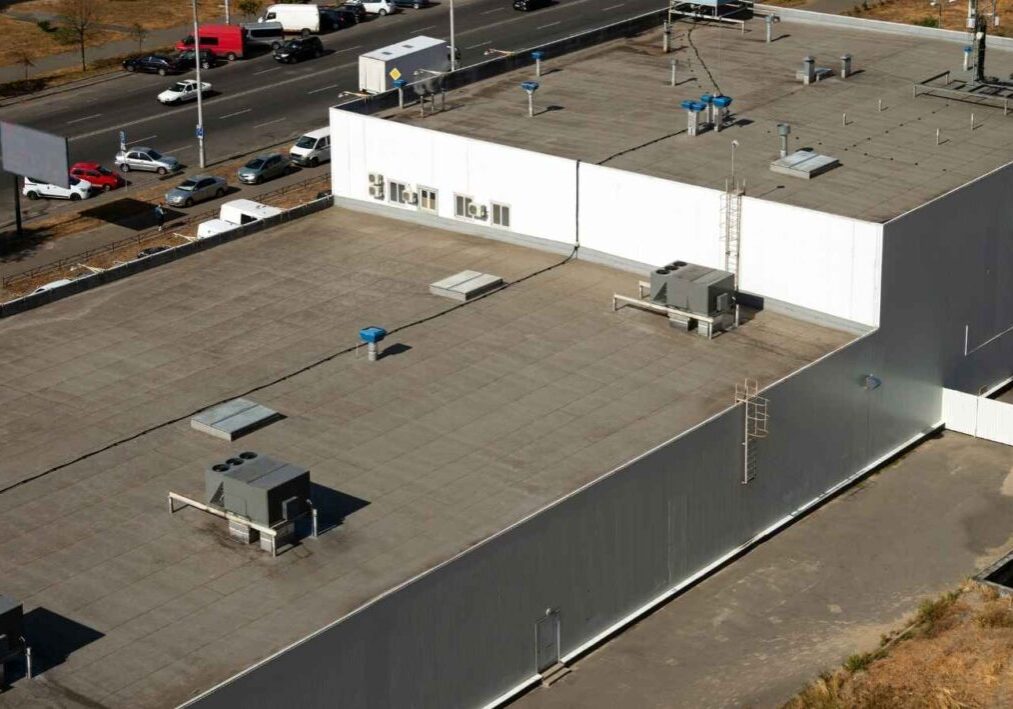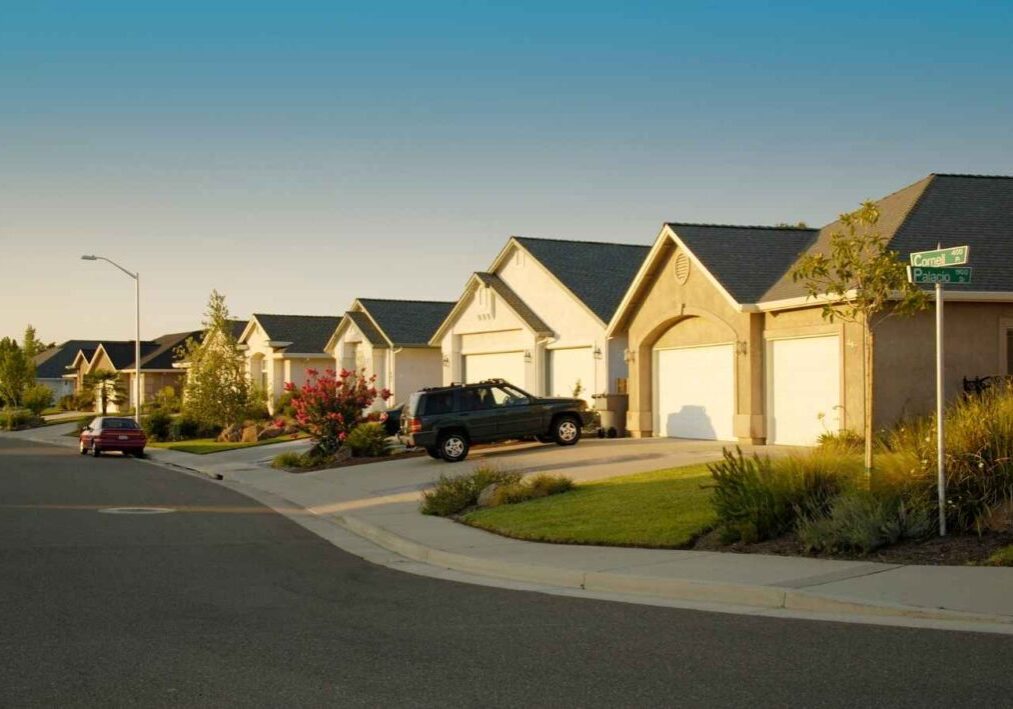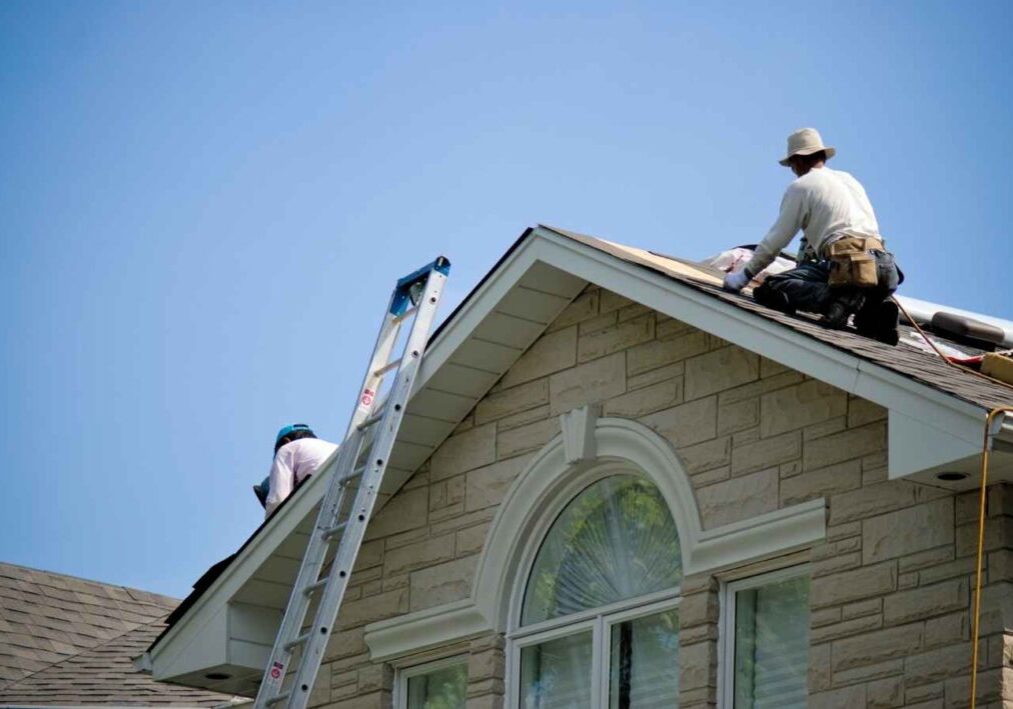Understanding the Lifespan of Different Residential Roofing Materials
In the realm of home construction, the roofing component is crucial. It serves as our key shield against varying weather conditions such as rain and wind. However, not all roofs possess the same longevity. Some could endure for several decades, whereas others may demand an earlier replacement. We intend to dissect various roofing types, including those constructed from shingles or metal, and examine the reasons behind their differing durability.
Understanding the Lifespan of Residential Roofing Materials:
Residential roofing materials have varying lifespans depending on factors such as the type of material used, climate conditions, and maintenance practices. For example, asphalt shingles typically last around 20 to 30 years, while metal roofs can last up to 50 years or more. It is important for homeowners to consider these factors when choosing a roofing material to ensure its longevity and durability.
1. Asphalt Shingles
Asphalt shingles remain a popular choice among homeowners due to their affordability and ease of installation. Typically, these shingles come with a lifespan ranging from 15 to 30 years, depending on various factors such as climate, maintenance, and quality of installation. Regular inspections and prompt repairs can help extend the lifespan of asphalt shingle roofs.
In addition to their affordability and ease of installation, asphalt shingles also offer a wide range of colors and styles to choose from, allowing homeowners to customize the look of their roof. However, it is important to note that asphalt shingles may be more prone to damage from extreme weather conditions compared to other roofing materials. Therefore, regular maintenance and timely repairs are crucial in ensuring the longevity and durability of an asphalt shingle roof.
2. Metal Roofing
Metal roofing has gained traction in recent years for its durability and energy efficiency. With proper maintenance, metal roofs can last anywhere from 40 to 70 years, making them a long-term investment for homeowners. Factors such as coating quality and material thickness play a significant role in determining the lifespan of metal roofing.
Additionally, metal roofs are highly resistant to fire, making them a safer option for homeowners. However, it is important to note that metal roofs can be more expensive upfront compared to other roofing materials. Nonetheless, the long lifespan and energy efficiency of metal roofing can result in cost savings over time.
3. Wood Shingles
Wood shingles and shakes impart a rustic charm to residential properties but require meticulous upkeep to maintain their integrity. Typically, these roofing materials have a lifespan of 20 to 40 years. Regular treatments with preservatives and timely repairs can help prolong the lifespan of wood roofing.
Despite the maintenance requirements, many homeowners are drawn to the natural beauty and unique aesthetic that wood shingles and shakes provide. Additionally, these materials are often chosen for their ability to blend seamlessly with the surrounding environment, making them a popular choice for homes in wooded or rustic settings.
4. Slate Roofing
Slate roofing stands as a pinnacle of elegance and longevity in the realm of residential roofing materials. With proper care, slate roofs can endure for over a century, showcasing unparalleled durability and aesthetic appeal. However, the initial cost and specialized installation process may deter some homeowners from opting for slate roofing.
Despite the higher upfront cost and complex installation process, many homeowners still choose slate roofing for its timeless beauty and exceptional durability. The unique texture and natural color variations of slate can enhance the overall aesthetic of a home, adding a touch of sophistication and elegance that is hard to replicate with other materials.
5. Clay and Concrete Tiles
Clay and concrete tiles offer durability and aesthetic versatility, often mimicking the look of traditional European architecture. These roofing materials boast a lifespan of 50 to 100 years, making them an ideal choice for homeowners seeking longevity and style. Proper installation and periodic maintenance are essential for maximizing the lifespan of clay and concrete tile roofs.
These tiles are also known for their ability to withstand extreme weather conditions, such as strong winds and heavy rain, providing added protection for the home. Additionally, clay and concrete tiles have excellent insulation properties, helping to regulate the temperature inside the house and potentially reducing energy costs.
Factors Influencing the Lifespan of Roofing Materials:
- Climate:
The climatic conditions prevalent in a region significantly impact the lifespan of roofing materials. Extreme temperatures, high humidity, and frequent precipitation can accelerate wear and tear, necessitating more frequent maintenance and repairs. - Maintenance:
Regular maintenance practices such as gutter cleaning, roof inspections, and timely repairs are crucial for extending the lifespan of residential roofing materials. Neglecting maintenance can lead to premature deterioration and costly replacements. - Quality of Installation:
The skill and expertise of the roofing contractor play a pivotal role in determining the longevity of a roof. Proper installation techniques, adherence to manufacturer guidelines, and attention to detail are essential for ensuring the structural integrity of the roof over time. - Material Quality:
The quality of roofing materials directly impacts their lifespan. Opting for premium-grade materials from reputable manufacturers can result in a more durable and long-lasting roof, providing greater value for homeowners in the long run.
Conclusion
In conclusion, the lifespan of residential roofing materials varies significantly based on factors such as material type, climate, maintenance, and installation quality. By understanding the longevity of different roofing materials and implementing proactive maintenance practices, homeowners can ensure the longevity and performance of their roofs. Whether it’s asphalt shingles, metal roofing, or clay tiles, investing in high-quality materials and professional installation can safeguard homes against the elements for years to come.
All Weather Roofing – Your Trusted Roofing Company in Stockton
Share this post:



